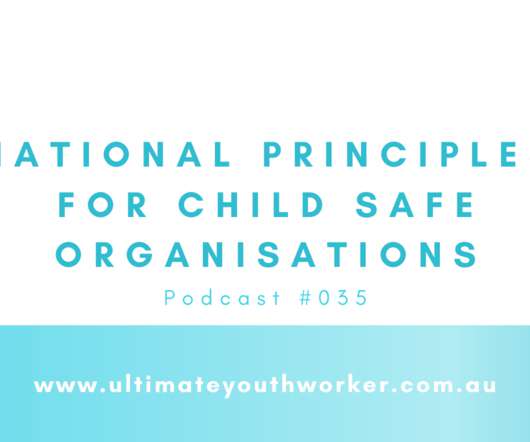How Diversity, Equity, and Inclusion Can Influence Healthcare
Relias
MARCH 17, 2022
Healthcare organizations have a growing responsibility to improve diversity, equity, and inclusion (DEI) efforts not only for their employees, but also to better serve patients and their families. The Current State of Diversity, Equity, and Inclusion in Healthcare. Health disparities related to diverse populations.













Let's personalize your content